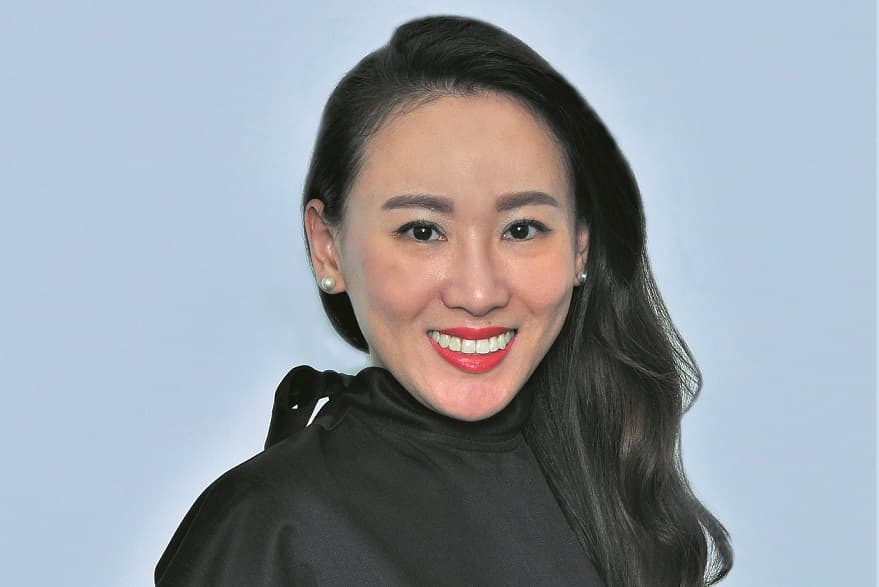
This article first appeared in The Edge Malaysia Weekly on August 26, 2019 - September 1, 2019
With rapid technological changes affecting the way people live and work, it is inevitable that employers have to work on strengthening their workforce so that the business ecosystem catches up with the general trends.
Indeed, to the government’s high-profile adviser Tun Daim Zainuddin, the alarm bells have started ringing. Recall his recent speech that emphasised the need to prepare Malaysian youth for the future work environment.
“We are far from ready. We are still playing catch-up with IR 4.0 training when others are already gearing up for the Fifth Industrial Revolution,” the former finance minister told an international conference in Universiti Malaya on Aug 5.
In this context, Malaysian companies — particularly traditional large businesses — still lag behind the consumers themselves in adopting new technologies, according to Accenture’s Azwan.
This has posed a challenge to reskill the workforce in the light of the emerging trends as business leadership tends to adopt a “fast follower” approach to new technologies rather than becoming early adopters, he adds.
“Large Malaysian companies have been traditionally protected and are mainly monopolies in the industries where they operate and, therefore, are slow to change.”
Meanwhile, small and medium industries are still struggling for investment dollars as they continue to focus on the current perceived demand while the markets are looking ahead.
“Education and general knowledge and the applicability of the emerging technologies also contribute to the delayed adoption,” says Azwan. “Given the challenges in creating a standard and high-quality syllabus for our schools and universities, this also means that there is constant confusion as to what to teach in schools.”
The compound effect, says Azwan, is that it paints Malaysia as slow in transforming business and lagging behind many of our immediate neighbours.Still, it is not too late for Corporate Malaysia to grow together with its workforce in the light of the changing technological trends to remain competitive in the larger market.
“Ensuring that people are relevant and equipped in this digital age is not just an HR (human resource) issue,” says Accenture Consulting Talent and Organisation senior manager Adeline Chu.
“Creating the future workforce now is the responsibility of the very highest levels of an organisation because its people are their most important competitive advantage,” she says.
In fact, Accenture’s 2018 strategy note Reworking The Revolution found that employers underestimate the willingness of employees to acquire relevant skills, in this case AI.
“Overall, 67% of workers consider it important to develop their own skills to work with intelligent machines. Millennials strongly support this view (75%) but so do 56% of the baby boomers,” says Chu.
This compares with employers’ perception that on average, only a quarter of their staff are ready for AI adoption.
Chu believes companies need to be more agile and adopt a “fail fast, learn fast” mindset, which can be emulated by their workforce.
This requires being open to failure; bold in taking calculated risks; comfortable with change; able to learn, unlearn and relearn; as well as collaborative to share ideas and seek input, she adds.
Khusahry concurs. “The good news is that more and more companies today see the value of digital competences and are slowly starting to invest in reskilling their people in order to pivot their business to the future.
“Companies that want to successfully transform themselves using digital technologies will need to be prepared to invest in reskilling their existing workforce as well as hiring aggressively externally,” he says.
Just like their employees, companies too need to stay aware of upcoming trends that might disrupt or, if adopted early, give them the advantage over the competition.
“Knowing where they want to head to will help identify areas to upskill their workforce to grow in line with the company. The objective is to reskill and upskill, not replace, because true value is unlocked when humans and machines work in complementary ways,” Khusahry adds.
Azwan agrees. “It is easy to focus only on the technology. [But] what we cannot forget is that innovation doesn’t come from technology. It comes from people.”
Save by subscribing to us for your print and/or digital copy.
P/S: The Edge is also available on Apple's AppStore and Androids' Google Play.